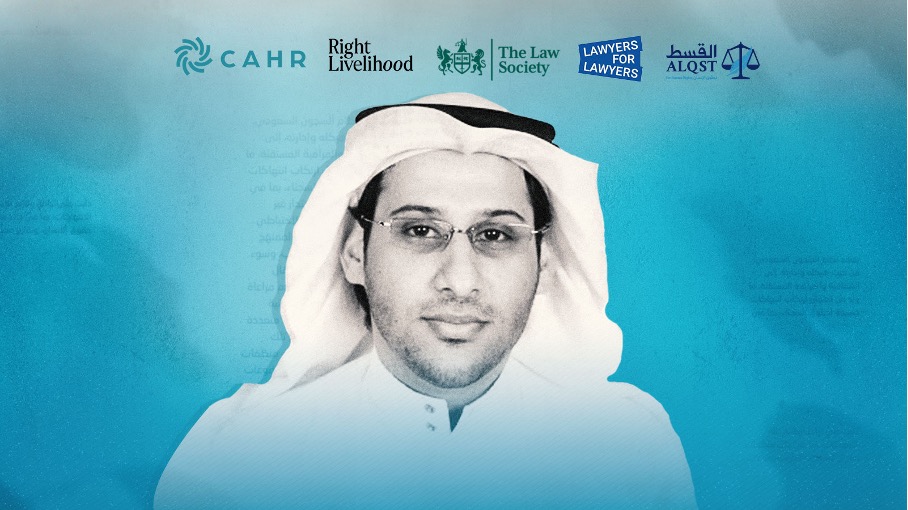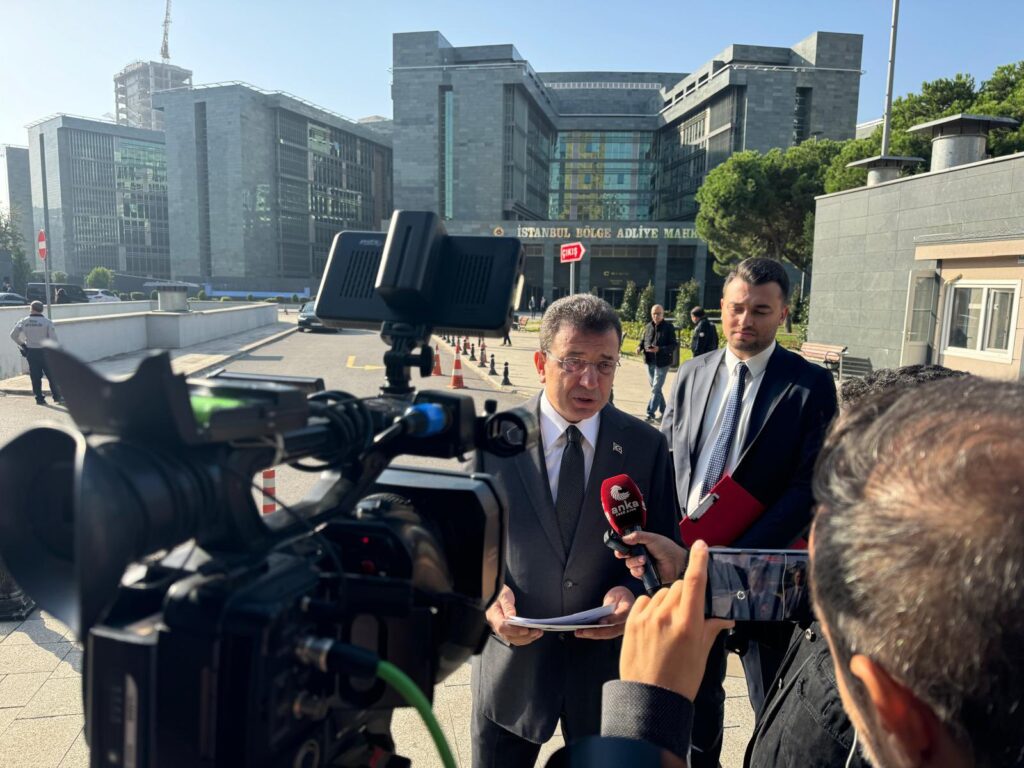On 26 September 2023, the Grand Chamber of the European Court of Human Rights (ECtHR) delivered a landmark judgment in the case of Yüksel Yalçınkaya v. Türkiye. The ECtHR ruled that Türkiye had violated the rights to a fair trial, to no punishment without law and to freedom of association (respectively Articles 6 § 1, 7 and 11 of the European Convention on Human Rights (ECHR)). Although the judgment does not concern lawyers directly, Lawyers for Lawyers applauds the ECtHR’s rejection of arbitrary judicial decisions.
The applicant, Mr. Yalçınkaya, was convicted of belonging to the FETÖ/PDY or “Gülen movement”, which the Turkish authorities blamed for the 2016 coup attempt and labelled as a terrorist organisation. The Turkish courts relied heavily on his usage of ByLock, an encrypted messaging app that they claimed was designed exclusively for FETÖ/PDY members, despite its global existence. Anyone who used or downloaded ByLock was presumed to be a member, and thus could be charged with membership of a terrorist organisation.
The ECtHR’s Ruling
The ECtHR ruled that the applicant’s conviction based on ByLock violated his rights under the ECHR. The conviction was based on an unfair presumption of guilt that he could not challenge, and he was denied access to the evidence against him. This violated his rights to a fair trial (Article 6 § 1). The ECtHR considered the dependence on ByLock as evidence in such a general and uniform way not in line with the national law or object of Article 7, which is to prevent people from being prosecuted, convicted, and punished arbitrarily. Finally, the ECtHR found that his rights to freedom of association were violated (Article 11), as his lawful membership of a trade union and an association was used as evidence of criminal activity. The Turkish courts had interpreted the law in broad and unforeseeable manner. The ECtHR ordered Türkiye to remedy the flaws identified in this ruling and to take measures to address the systemic problems, notably the domestic courts’ approach to the use of Bylock.
Importantly, while citing Article 90/5 of the Turkish Constitution, the ECtHR stressed that international human rights obligations prevail over domestic law. Türkiye is a party to the ECHR and is therefore bound by the ECtHR’s rulings.
Even though the case does not involve lawyers directly, it may have implications for the situation of Turkish lawyers, who are being prosecuted arbitrarily or targeted based on their membership of a lawyers’ organisation.
Article 7
Violations of Article 7 are very rare, accounting for only ~0.23% of the ECtHR’s rulings. However, in this case, the ECtHR found a violation of Article 7 based on how the Turkish courts used evidence and applied the principle of legality (i.e. criminal offences and penalties must be clearly defined by law and not retroactively imposed). In short, according to the ECtHR, the Turkish courts had presumed the applicant’s guilt without proving the actual elements of the crime of membership of an armed terrorist organisation:[1]
The interpretation adopted by the domestic courts rather seems to presuppose the very conclusions to which it purports to lead, in that it treats them as flowing automatically from the mere use of ByLock. In so doing, it effectively imputes criminal responsibility to a user of that application without establishing that all the requirements of membership of an armed terrorist organisation (including the necessary intent) have been fulfilled. In the Court’s view, this is not only incompatible with the essence of the offence in question, which requires proof of an organic link based on continuity, diversity and intensity (see paragraph 184 above) and the presence of a very specific mental element, but is also irreconcilable with the right of an individual, under Article 7 of the Convention, not to be punished without the existence of a mental link through which an element of personal liability may be established (see G.I.E.M. S.r.l. and Others, cited above, §§ 242 and 244).
As judges Schembri Orland, Pastor Vilanova and Šimáčková note in their partly dissenting opinion, the systematic flawed reasoning of the Turkish domestic courts was too weak to justify even a slight suspicion of the offence, but they relied on it anyway to convict the applicant of a serious crime that carried harsh penalties.[2]
Lawyers for lawyers notes that Turkish lawyers have been prosecuted based on the same type of reasoning (i.e. by establishing membership of a terrorist organisation based solely or decisively on abstract and without proof of a specific criminal intent) that the ECtHR has now deemed insufficient to establish criminality. For instance, lawyers who represent clients accused of membership of a terrorist organisation are . These lawyers are prosecuted, even though the authorities do not provide proper evidence to support these accusations, just as in the present judgment. Based on the judgment, this could be against the principle of no punishment without law.
Article 11
In addition, the judgement may have implications for lawyers who assemble in organisations, such as bar associations. Lawyers for Lawyers notes that such organisations sometimes get targeted as well. The ECtHR found that the Turkish courts had not explained what the trade union and association had done to bring about their dissolution or assessed whether the applicant’s membership of them had involved incitement to violence or rejection of a democratic society’s foundations. Though, the closure of the trade union and association that the applicant belonged to did not cause the violation of Article 11. The violation resulted from using his membership of those organisations as corroborating evidence to find him guilty of membership of an armed terrorist organisation. This was an unforeseen and unlawful expansion of the law, which was not “prescribed by law”. As a result, the ECtHR’s judgment reminds the Turkish courts of the issues of using membership of lawful organisations as evidence of criminal activity, especially when the organisations themselves are not accused of any unlawful or violent acts.
Conclusion
Lawyers for Lawyers welcomes this ruling and stands in solidarity with the Turkish lawyers who are targeted by the issues affecting the independence and impartiality of the Turkish judiciary. The present judgment reminds the Turkish courts that the arbitrary prosecution of lawyers and targeting of lawyers’ organisations goes against their obligations stemming from the ECHR. Lawyers for Lawyers urges the Turkish Constitutional Court to respect and follow this judgment.
[1]ECtHR, Yüksel Yalçınkaya v. Türkiye [GC], Application no. 15669/20 dated 26 September 2023. Accessible at: https://hudoc.echr.coe.int/eng#{%22appno%22:[%2215669/20%22],%22itemid%22:[%22001-227636%22]}, para 264.
[2]Partly Dissenting Opinion by Judge Schembri Orland, Joined by Judges Pastor Vilanova and Šimáčková, para 9.






